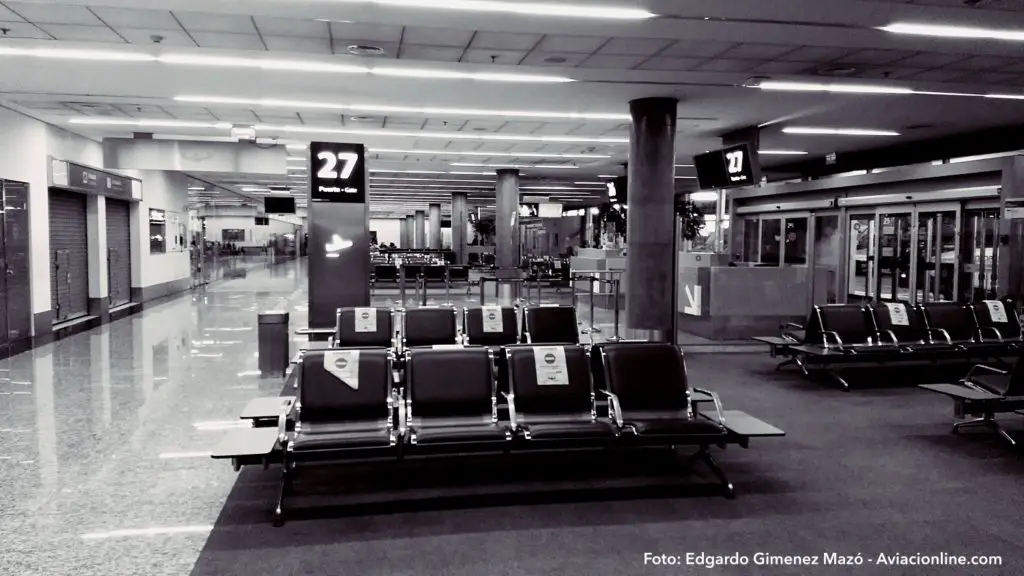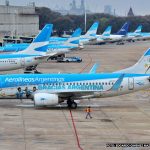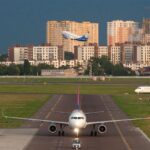The harsh restrictions that the Argentine government imposed on the entry of citizens and residents from abroad at the end of June, and the lack of a high-level official response has caused a new reaction on IATA, the main chamber that groups airlines from around the world, in which they state that the 70% reduction in the previous daily capacity of 2,000 passengers means that every day they are leaving «literally about 1,400 people stranded in various parts of the world.»
“The uncertainty is maximum since, 10 days after this measure was decreed, the Argentine government has not yet authorized any air operations after July 12 and we do not even know if it will extend the current limitations on flights as of July 9. The only thing that we have clear so far is that the authorized flights are not enough to bring back the thousands of stranded passengers. The programming of flights in the world is done months in advance, but in Argentina there are approvals that have arrived even a day before and thus it becomes very difficult to operate, so it is to be expected that more airlines temporarily or permanently suspend their operations in this market,» said Peter Cerdá, IATA Regional Vice President for the Americas.
From IATA they again claimed to be «part of the solution» to what they describe as a unilateral decision that increasingly isolates the country, given that before the pandemic there were 155 daily international flights, compared to three or four in the present .
«We need clear and predictable decisions to be able to operate and comply with passengers and that is what we are asking for. Changing the restrictions from one day to the next puts the airlines in a very delicate situation, but especially the thousands of passengers who have traveled for work, health reasons, reunion with relatives, vacations, studies and need to return. Each day that passes, the number of those affected increases and if this measure continues, it may take weeks, even months, to be able to get on a plane for the rescheduling,» continued Cerdá.
The agency insisted that the probability of infections during the entire chain of a trip is low as a result of security protocols, and that the emergence of different variants now and in the future marks that «we must learn to live with COVID- 19.»
«Effective measures have to do with prevention and control, through greater vaccination of citizens and more efficient monitoring of people entering the country, respectively. And not by restrictive and closure measures, which will not be able to to have continuity due to their lack of sustainability and the damage they cause,” concluded the manager.
Slow international recovery
Among the main Latin American markets, Argentina is the one with the lowest level of recovery in the offer of international flights.
For July, based on information obtained by Aviacionline through Cirium, the flight schedule represents only 15% of the seat offer versus the same month of 2019, before the pandemic. Of course, if one considers what would effectively be authorized by the Argentine government based on the current restrictions, the recovery will be even less.















